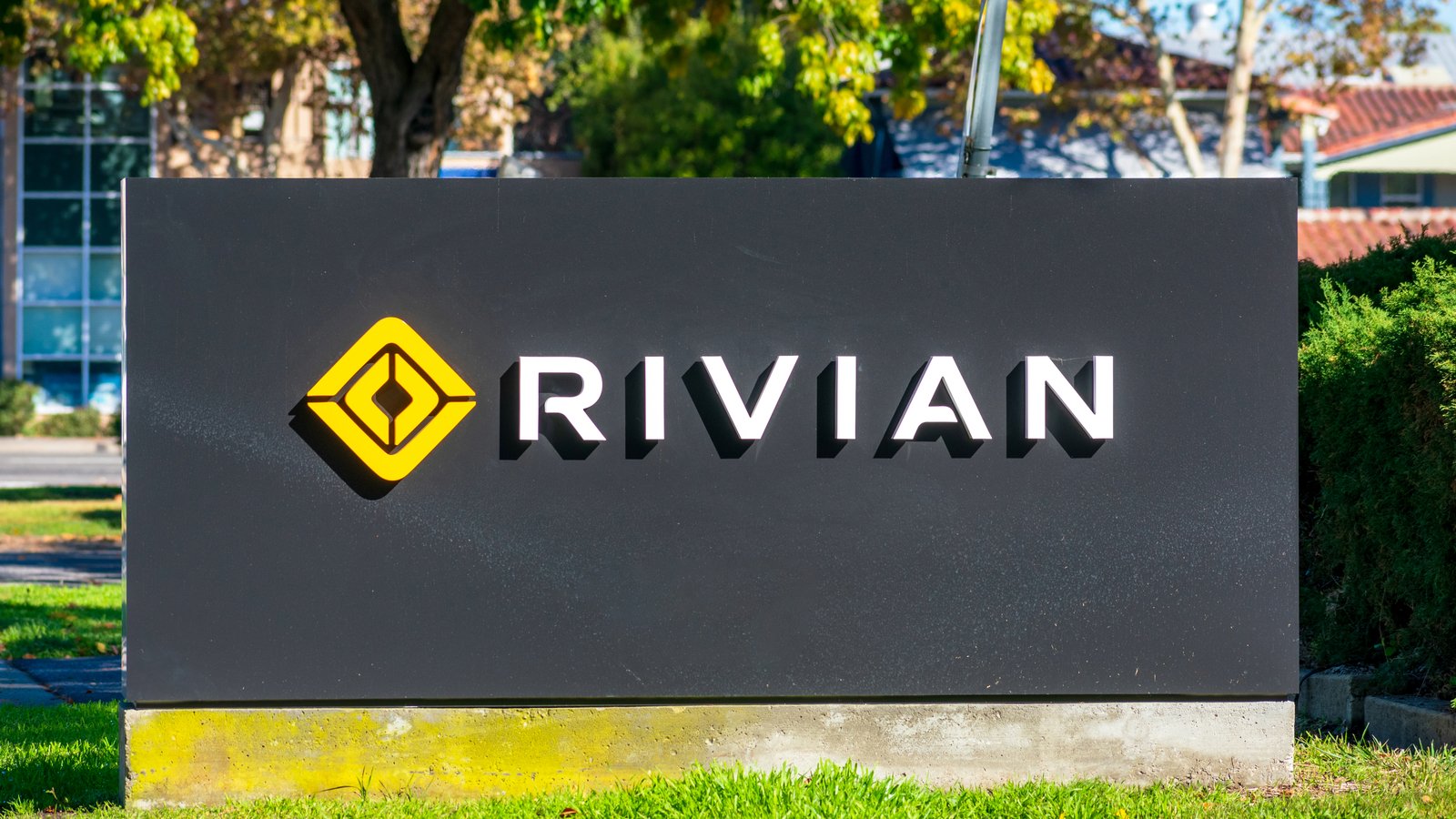Job Cuts Don’t Bode Well for Rivian Automotive

Why should investors consider electric vehicle manufacturer Rivian Automotive (NASDAQ:RIVN) now? It’s a tough question to answer as the automaker’s financial state doesn’t seem to be improving. Indeed, a recently enacted change in Rivian’s workforce should prompt skepticism in eager fans and shareholders of RIVN stock.
Don’t misunderstand – Rivian is an ambitious company with sleek-looking vehicles. Interestingly, Bloomberg reports that Rivian is now working to add an electric bike to its vehicle lineup.
That would be fine if Rivian were flush with cash. Does it make sense for the company to expand into e-bikes, though, if Rivian is in questionable fiscal condition? It’s a valid question that anyone should ask himself or herself before investing in Rivian.
| RIVN | Rivian Automotive | $20.07 |
RIVN Stock Traders Shouldn’t Celebrate Rivian’s Job Cuts
Reportedly, Rivian eliminated 351 jobs in California around six months ago. That was already a sign of trouble, but unfortunately, it’s not the end of the story.
When a business reduces its headcount twice in half a year, that’s probably an indication that there’s trouble afoot. Thus, RIVN stock traders should consider the implications as Rivian is now letting go of around 840 additional staff members.
Think about this: Does it make sense for Rivian to venture into e-bikes now? Won’t the company have to hire people to make this happen? And, is Rivian really serious about enacting cost-cutting measures?
Don’t be surprised if Rivian ends up having to let go of more workers and scrapping the whole e-bike idea. After all, Rivian only delivered 20,332 vehicles in all of 2022, so the company isn’t bringing in vast revenues like its more famous competitors are.
Rivian Is a Cash-Losing Business
In the same Reuters report that broke the latest job-cuts story, it explains that Rivian has “been losing money on every vehicle it builds.” In other words, not only has Rivian sold few EVs, but the company hasn’t even profited from selling those vehicles.
Sadly, Rivian’s cash reserves have declined consistently since the automaker went public. As of Sept. 30, 2022, Rivian had cash and cash equivalents valued at $13.27 billion. That’s down substantially from a year earlier when Rivian had over $18 billion in cash and cash equivalents.
So now, we’re starting to see why Rivian was practically forced to implement more job cuts. CFRA Research analyst Garrett Nelson clarifies, “They’re bleeding cash and would like to grow at a much faster rate, but they continue to struggle with their EV production ramp and have been unable to meaningfully drive down unit costs.” Hence, Nelson concludes, “We think that is what’s behind this decision” to reduce Rivian’s headcount.
What You Can Do Now
Rivian’s latest round of job eliminations is troubling, not a cause for celebration. Plus, it appears that Rivian is bleeding capital at an alarming rate.
Therefore, cautious investors can choose to avoid RIVN stock. It’s fine to believe in EVs generally, but this doesn’t mean you have to wager your hard-earned capital on Rivian.
On the date of publication, neither Louis Navellier nor the InvestorPlace Research Staff member primarily responsible for this article held (either directly or indirectly) any positions in the securities mentioned in this article.










